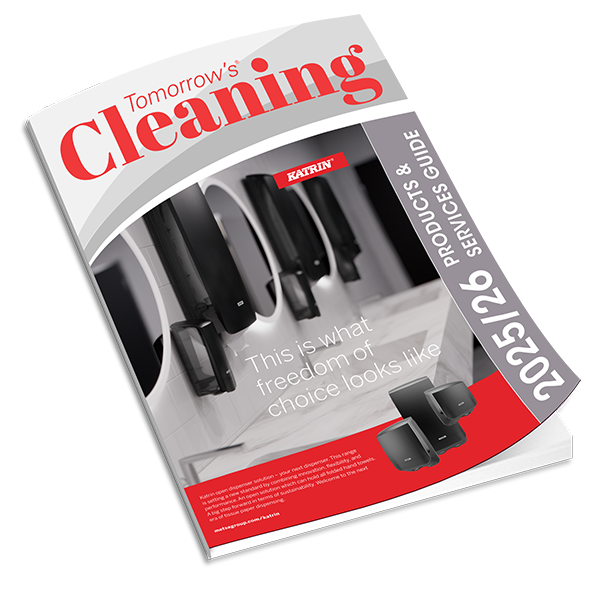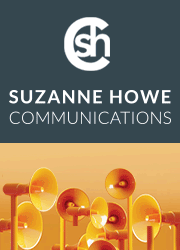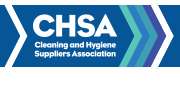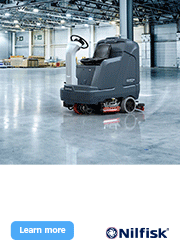Jet air hand dryers should not be used in hospital toilets, according to research that shows they spread more germs than disposable paper towels.
The study, led by researchers from the University of Leeds and Leeds Teaching Hospitals Trust, and funded by the European Tissue Symposium, investigated whether the way people dried their hands has an impact on the spread of bacteria.
Three hospitals – in the UK, France and Italy – were studied over the course of 12 weeks, with each toilet equipped with both jet air dryers and paper towels, but with only one in operation each day.
In the UK and France, five times more bacteria were recovered from the floors when jet air dryers were in use, compared with paper towels.
Staphylococcus aureus (including MRSA) was found three times more often and in higher amounts on the surface of the jet air dryers in the UK hospital, compared with the paper towel dispensers.
Mark Wilcox, Professor of Medical Microbiology at the University of Leeds, who supervised the international study, said: “The problem starts because some people do not wash their hands properly.
“When people use a jet air dryer, the microbes get blown off and spread around the toilet room. In effect, the dryer creates an aerosol that contaminates the toilet room, including the dryer itself and potentially the sinks, floor and other surfaces, depending on the dryer design and where it is sited. If people touch those surfaces, they risk becoming contaminated by bacteria or viruses.”
The researchers are calling for Department of Health guidelines to be strengthened: air dryers can currently be placed in public areas of hospitals, but not in clinical areas. This isn’t because of the cross contamination risk, but only because of noise.
You can read the study online in the Journal of Hospital Infection here.
Image Credit: University of Leeds.















































